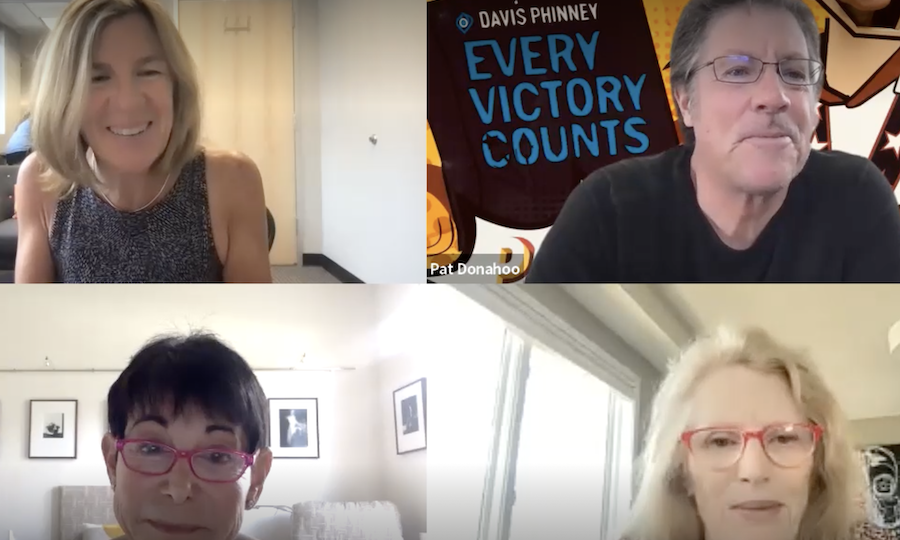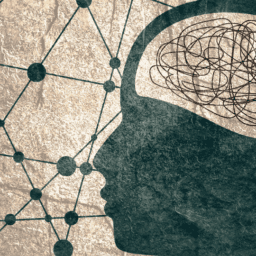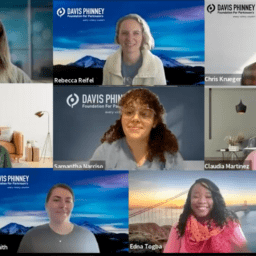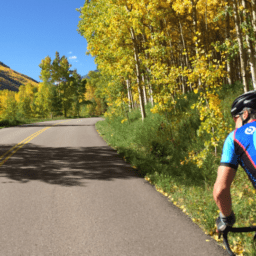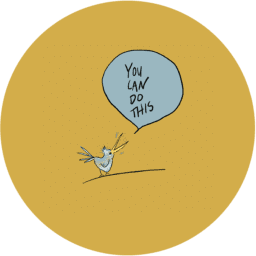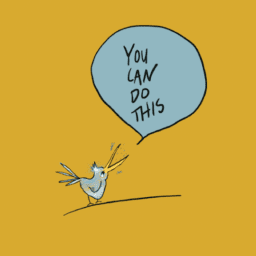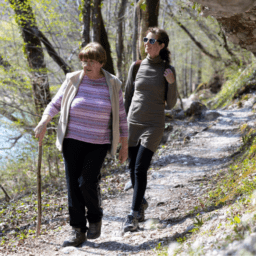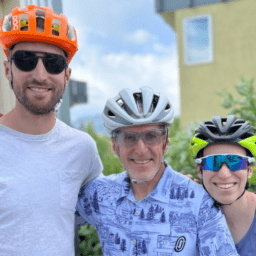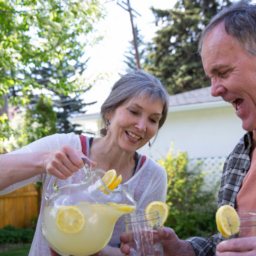Every month, we host a Care Partner Meetup that brings together our panelists, Connie Carpenter-Phinney, Pat Donahoo, and Gail Gitin, to discuss what it’s like to be a care partner. While we don’t publish a recording of these monthly meetups because of the sensitive nature of the conversation, we do want to share some key takeaways so that even if you can’t join us live, you can still benefit from the expertise of our panelists and community members.
notes from the August care partner meetup
During this session, we continued our conversation on the burdens that come with caring for someone with Parkinson’s. To begin, we discussed results from the Caregiver Burden Self-Assessment. If you would like to take this assessment yourself, please click the link! After that, we talked about what burden means to us.
Burden looks different on everyone
- For some people, a mild to moderate burden is easy to handle. Maybe they’ve had years of experience and are used to what responsibilities they have regarding caregiving. For others, a mild to moderate burden is not as easy.
- The level of burden can be intimidating, especially since, unfortunately, Parkinson’s progresses, and the level of caretaking will become more intense as time goes on. You need to acknowledge your limits and not compare yourselves to others.
- Your level of burden can change from month to month. For example, Connie was sick, so her burden was lower as Davis had to accomplish more tasks alone. However, now that she’s better, her level of burden has gone back up. Take this assessment frequently to continue to check in with yourself.
- One of our attendees reminded us there is a difference between grief and resentment. If you are feeling resentment when it comes to your level of burden, take a step back and make some new boundaries. While this may require extra steps to make accommodations for that, acknowledging our boundaries and ensuring we’re safe, too, is just as important as the health and safety of our person with Parkinson’s.
- Parkinson’s isn’t your whole life; you likely have other burdens too. There are many things to handle outside of taking care of your person with Parkinson’s, so make sure that you acknowledge those other burdens and give yourself time to focus on them.
How do we deal with certain issues?
- There are certain tasks that care partners have to deal with that are not necessarily pleasant. A lot of our participants particularly mentioned bladder and bowl inconsistencies. You are allowed to admit that these tasks are not enjoyable. Your person with Parkinson’s most likely does not enjoy them either. Owning those emotions and talking about them will make the process easier to deal with.
- It can be frustrating to convince your person with Parkinson’s that they can and should go out and do activities. Sometimes, we need to push them out of their comfort zone. A lot of times, things that they are afraid of, such as boarding planes, parking, accessibility, and more, are things that the solution comes as second nature to care partners. Try to let them know that you are aware of their limitations and that you’ll still be there for them in a new environment.
- You will be aware of many things before others in a situation, such as accessibility to bathrooms, walking paths, and parking options. Take time to explain the accommodations you and your person with Parkinson’s will need before you go to an event. If it’s a family barbecue, ask if there will be places to sit or quiet areas so your person with Parkinson’s feels like they have a place where their voice will be heard. If it’s a theme park, get a map beforehand to see the bathrooms and how to get to them.
Helpful Tips
- Condom catheters are lifesavers, according to our panelists. We recently had a webinar on urinary incontinence here where you can learn more about them.
- TSA Pre-Check is a lifesaver when it comes to traveling. To learn more, go here.
- Get the Vehicle License Plates and/or Placard for Persons with a Disability. All of our panelists and attendees agree that they are very helpful. Even if you do not use it for every journey, on the ones that you do, you will not regret getting the placard.
- Palliative Care and bringing in new home-health aids can be intimidating but necessary. It’s okay if you are reticent about bringing someone else into your household and your care routine, but they may be necessary. Talk out your feelings with doctors and your person with Parkinson’s.
Additional Resources
Join us in september for our next care partner meetup
Our next session is happening on Tuesday, September 6, at 12 pm Mountain Daylight Time
(11 am PDT, 1 pm CDT, 2 pm EDT).


